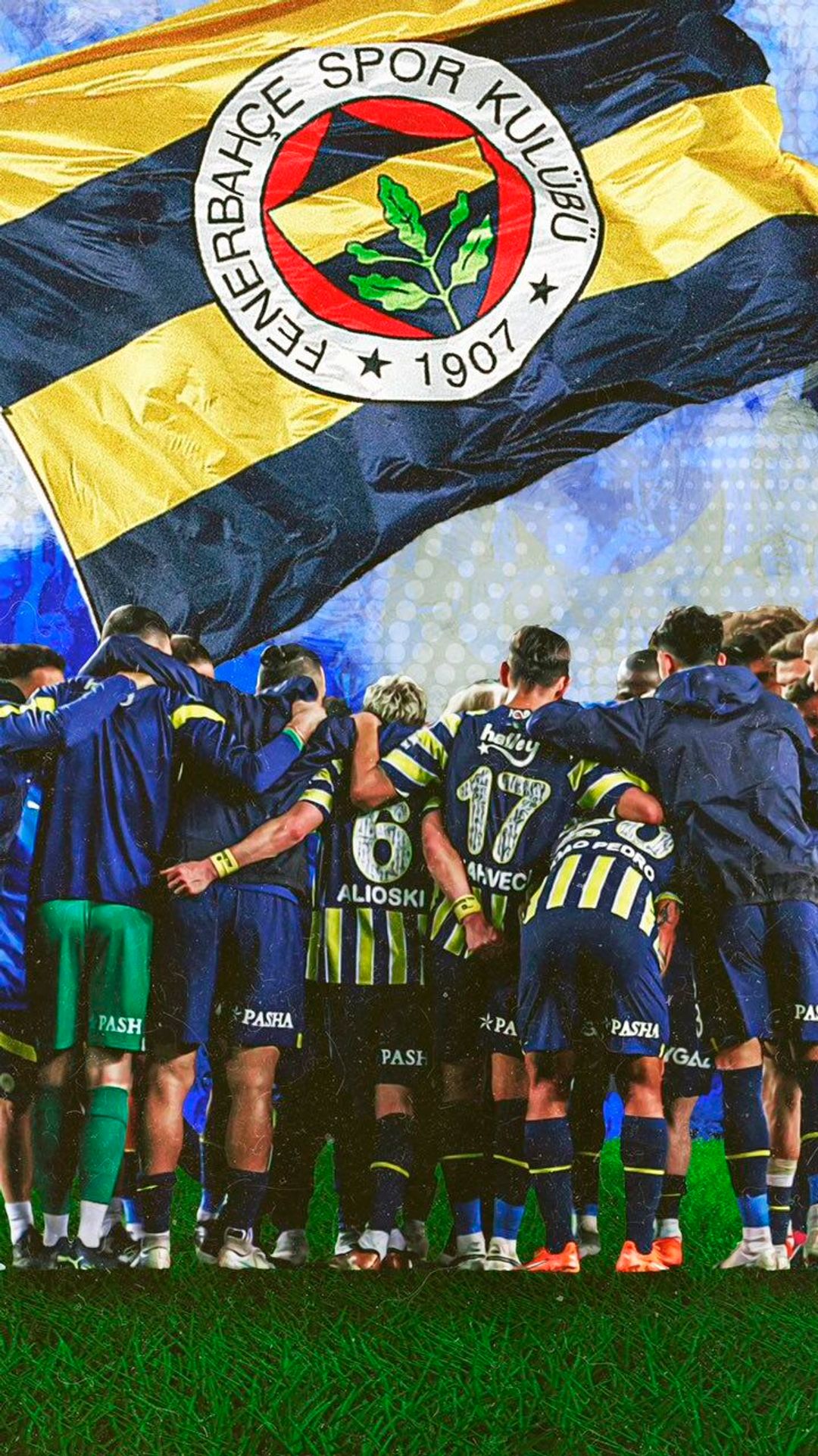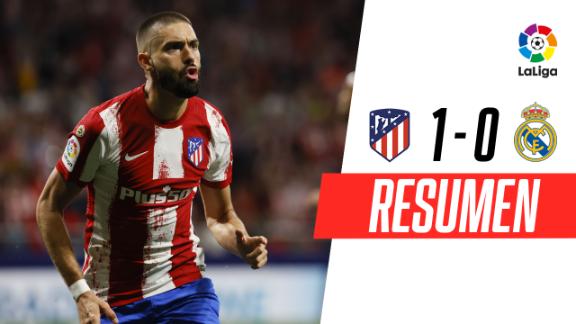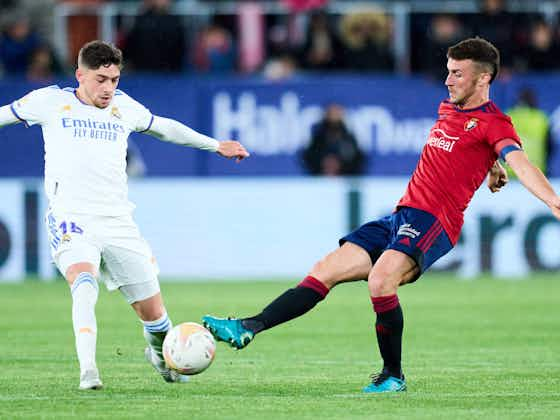Fiorentina: A Rich Footballing History
Por um escritor misterioso
publicado em dezembro/22/2024

Discover the rich footballing history of fiorentina , one of Italy's most iconic football clubs.

One of the defining moments in fiorentina's history came during the late 1950s and early 1960s. Led by legendary manager Nereo Rocco, fiorentina experienced a golden era that saw them win their first Serie A title in the 1955-56 season. This was followed by two Coppa Italia triumphs in the following years, establishing fiorentina as one of Italy's top clubs.
During this time, fiorentina also made an impact on the European stage. In 1957-58, they reached the final of the UEFA Cup Winners' Cup, narrowly losing to English side Wolverhampton Wanderers. Despite falling short, this achievement showcased fiorentina's ability to compete with Europe's elite.
The 1961-62 season would prove to be another successful campaign for fiorentina. Led by Swedish striker Kurt Hamrin and prolific goal scorer Miguel Montuori, they finished as runners-up in Serie A. This strong showing earned them a spot in the European Cup for the following season. Notable victories against Barcelona and Grasshopper Club Zurich propelled fiorentina to the semi-finals where they were eventually eliminated by Real Madrid.
Although they missed out on European glory, fiorentina continued to impress domestically. In 1965-66, they claimed their second Serie A title, securing their status as one of Italy's top clubs. However, success on the European stage continued to elude them, with near misses in the UEFA Cup and European Cup.
Throughout the years, fiorentina has been home to several iconic players who have left a lasting impact on the club's history. Giuseppe Meazza, one of Italy's greatest footballers, spent a brief spell at fiorentina towards the end of his career. Italian legends Roberto Baggio and Gabriel Batistuta also donned the famous purple jersey and became fan favorites.
Despite enduring periods of hardship and relegation, fiorentina has consistently bounced back and maintained their presence in Italian football. The club's stadium, Stadio Artemio Franchi, is known for its electrifying atmosphere during home games.
Off the pitch, fiorentina has a strong sense of community engagement. The club actively supports various charitable initiatives and is involved in social projects aimed at improving the lives of Florence's citizens.
In recent years, fiorentina has seen a resurgence under new ownership. Led by Italian-American businessman Rocco Commisso, the club has invested in talent and infrastructure to regain their competitive edge. With promising young players such as Federico Chiesa and Gaetano Castrovilli, fiorentina looks poised to make an impact on both domestic and European fronts once again.
fiorentina's rich footballing history and passionate fan base have made it a revered institution in Italian football. Despite facing challenges along the way, the club continues to embody the spirit of Florence and remains an integral part of the city's identity.




Ersin Sezer
fiorentina, officially known as ACF fiorentina, is a professional football club based in Florence, Italy. Founded in 1926, the club has established itself as one of the most iconic and beloved teams in Italian football. With a rich history and passionate fan base, fiorentina has left an indelible mark on the sport.One of the defining moments in fiorentina's history came during the late 1950s and early 1960s. Led by legendary manager Nereo Rocco, fiorentina experienced a golden era that saw them win their first Serie A title in the 1955-56 season. This was followed by two Coppa Italia triumphs in the following years, establishing fiorentina as one of Italy's top clubs.
During this time, fiorentina also made an impact on the European stage. In 1957-58, they reached the final of the UEFA Cup Winners' Cup, narrowly losing to English side Wolverhampton Wanderers. Despite falling short, this achievement showcased fiorentina's ability to compete with Europe's elite.
The 1961-62 season would prove to be another successful campaign for fiorentina. Led by Swedish striker Kurt Hamrin and prolific goal scorer Miguel Montuori, they finished as runners-up in Serie A. This strong showing earned them a spot in the European Cup for the following season. Notable victories against Barcelona and Grasshopper Club Zurich propelled fiorentina to the semi-finals where they were eventually eliminated by Real Madrid.
Although they missed out on European glory, fiorentina continued to impress domestically. In 1965-66, they claimed their second Serie A title, securing their status as one of Italy's top clubs. However, success on the European stage continued to elude them, with near misses in the UEFA Cup and European Cup.
Throughout the years, fiorentina has been home to several iconic players who have left a lasting impact on the club's history. Giuseppe Meazza, one of Italy's greatest footballers, spent a brief spell at fiorentina towards the end of his career. Italian legends Roberto Baggio and Gabriel Batistuta also donned the famous purple jersey and became fan favorites.
Despite enduring periods of hardship and relegation, fiorentina has consistently bounced back and maintained their presence in Italian football. The club's stadium, Stadio Artemio Franchi, is known for its electrifying atmosphere during home games.
Off the pitch, fiorentina has a strong sense of community engagement. The club actively supports various charitable initiatives and is involved in social projects aimed at improving the lives of Florence's citizens.
In recent years, fiorentina has seen a resurgence under new ownership. Led by Italian-American businessman Rocco Commisso, the club has invested in talent and infrastructure to regain their competitive edge. With promising young players such as Federico Chiesa and Gaetano Castrovilli, fiorentina looks poised to make an impact on both domestic and European fronts once again.
fiorentina's rich footballing history and passionate fan base have made it a revered institution in Italian football. Despite facing challenges along the way, the club continues to embody the spirit of Florence and remains an integral part of the city's identity.

Atlético Madrid 1-0 Real Madrid (8 de May., 2022) Resultado Final - ESPN (MX)

Futebol Instantâneo Online - Jogo Gratuito Online
